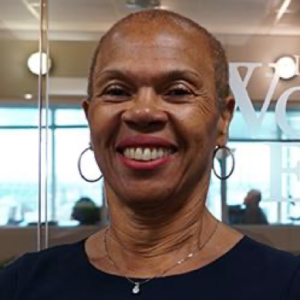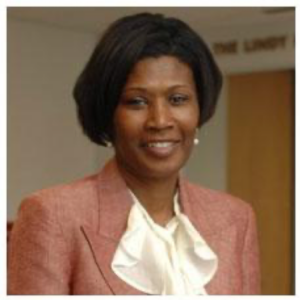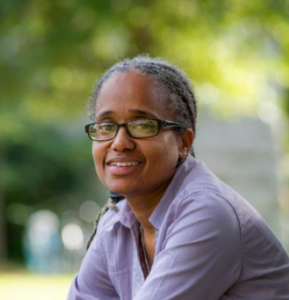
Laycee Ramsey Data News Weekly Contributor
When it comes to gender-based violence during the Pandemic, it’s an issue often swept under the rug. The United Nations’ Commission on the Status of Women has dubbed it a “silent pandemic” citing 243 million women and girls between ages 15 to 49 who have suffered from sexual or physical violence by an intimate partner since the Pandemic started.

The Pandemic has forced more women and girls to stay at home in close proximity to domestic abusers with restricted movement to get away or get help at school or at work. With many public spaces deserted, women are more vulnerable to public assaults. In this state, homicide data over the last few years has ranked the state among the top three deadliest for women.
“Louisiana is the most dangerous state to be a woman,” said Dr. Petrice Sams-Abiodun, the Executive Director for the Lindy Boggs National Center for Community Literacy at Loyola University, New Orleans.
“Black women in Louisiana live in poverty and Louisiana is the second largest state in the country for women being killed by men,” Abiodun said of recent data while speaking on gender-based violence around the globe during the Pandemic among a panel discussion sponsored by The Crescent City Chapter of The Links, Incorporated on March 25th. The YWCA of Greater New Orleans and the New Orleans Regional Black Chamber of Commerce (NORBCC) co-sponsored the event to have a community conversation around protecting women and girls.

The biggest need among victims right now is emotional and psychological support, experts shared.
“You don’t have to be ashamed of your life or ashamed of who you are because you were a victim of violence,” said Sandrine Kenol Wiener, who launched her private practice working with children with behavioral and emotional difficulties in Haiti. Wiener has been working with the YWCA Haiti as the Program Director, by providing Psychosocial Support Programs to families in need.
She added that it was time that society educates young boys and men on how to treat women and recognize all types of violence whether it’s verbal or physical. The sexualization of young women prevents them from being seen as children, and more vulnerable to gender-based violence.
“It’s what we are teaching our girls, and what we are preparing for, we need to change what is being taught and what they think is socially acceptable,” Kenol Wiener added.

What experts say is common locally and around the globe is that treatment of women, particularly low-income and marginalized women, and girls, is consistent from place to place.
“We create norms that we inherited and don’t question,” said Dr. Denese Shervington, the President of the Institute for Women and Ethnic studies, who spoke on the panel. “I agree with this and think if we can inherit these norms, we can spread new ones,” Shervington said.
Dr. Denise Shervington is the President and CEO of the Institute for Women and Ethnic Studies in New Orleans. She called for society to change its norms on how it treats and regards women.
Dr. Petrice Sams-Abiodun is the Executive Director for the Lindy Boggs National Center for Community Literacy and studies the prevalence of gender-based violence in Louisiana.
Dr. Rosanne Adderley is an Associate Professor of African Diaspora History at Tulane University. She suggests that sexual education begins at an earlier age to better prepare children to be aware of abuse.
Sandrine Kenol Wiener works with YWCA Haiti and noted that counseling and psychological services are needed more than ever during this time to help victims cope.
Recommended For You.



Be the first to comment